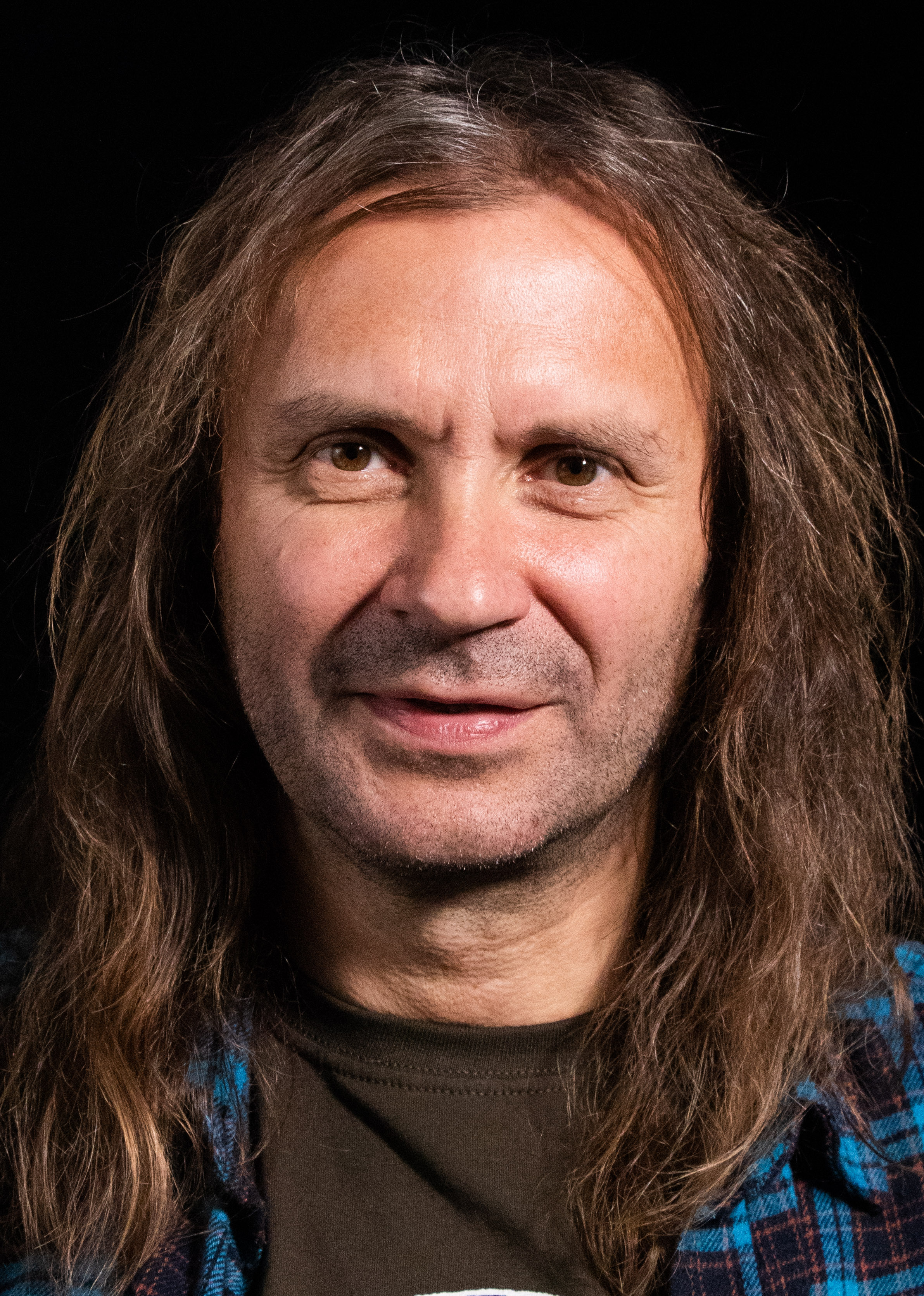A freer world called Underground

Download image
Cultural and civic activist Martin Věchet was born on 24 November 1964 in Trutnov in the family of a nurse and a truck driver. He spent an ordinary childhood in Trutnov, filled with boy band wars and football training. From the end of primary school he was attracted to alternative culture - the music of Karel Kryl, big-beat, but also the culture of North American Indians. During his apprenticeship as an auto mechanic in Rychnov nad Kněžnou, he broadened his cultural horizons, read Kerouac and existentialist literature, and became acquainted with the personalities of Czech dissent and the underground. Soon after graduation, he struck up a friendship with Olga Havel (Hrádeček was located near Trutnov) and later with Václav Havel. At the beginning of the 1980s, he tried to emigrate during a trip to Yugoslavia, but due to an injury, he gave up before the border. He worked as a janitor in a car repair shop, a forestry worker and later in many boiler houses in Trutnov and Prague. He was a visitor and co-organiser of many underground meetings, for example, the concert in Staré Buky, which was dispersed by the police (1984). Already as a teenager, he was in the StB’s crosshairs and was subjected to many interrogations, but was never prosecuted. In 1987, together with František Stárek - Čuňas, he organised the so-called East Bohemian Woodstock on his private property, one of the biggest attempts at an independent music festival in communist Czechoslovakia. On 17 November 1989, he took part in a demonstration on Národní třída. In 1990 he served on a vetting committee in Trutnov, which investigated the activities of SNB officers. In the same year, he finally managed to organize the East Bohemian Woodstock near Trutnov, which was then held regularly from 1992 under the name Trutnov Open Air Festival until 2016, when the Trutnov town hall turned the festival venue into a commercial and industrial zone. In August 2020, the festival will again be held in Brno. In a small privatisation in the early 1990s, he managed to acquire a house on Trutnov Square, where his family still runs a jewellery shop. He was twice on the Green Party’s candidate list in the parliamentary elections.

